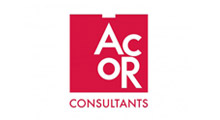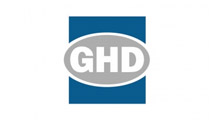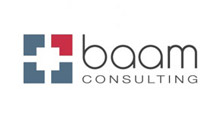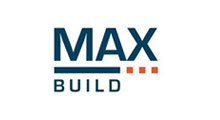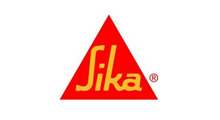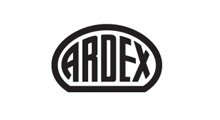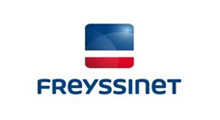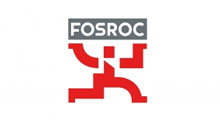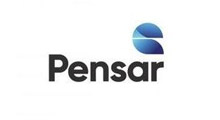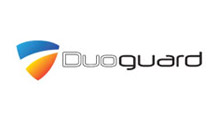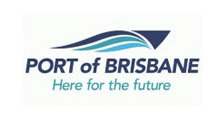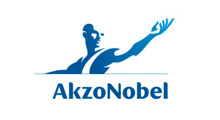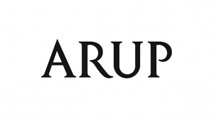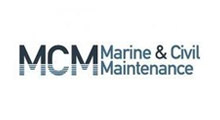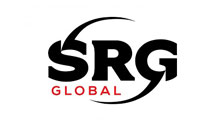
Safety campaign identifies scaffolding as key construction concern
Safety campaign identifies scaffolding as key construction concern
 The Office of the Federal Safety Commissioner’s (OFSC) Hazard 2020 safety campaign has concluded. The safety campaign was launched 12 months ago by Federal Safety Commissioner David Denney, to target mobile plant and scaffolding hazards — the most common causes of non-compliance with WHS Accreditation Scheme requirements and onsite safety incidents reported by Scheme-accredited companies. The campaign tracked and reviewed safety incidents associated with mobile plant and scaffolding, with Federal Safety Commissioner Denney stating that the preliminary results of the campaign were mixed. “Encouragingly, we have seen solid improvements in most areas of mobile plant safety throughout the campaign. However, the data shows a serious and worsening problem across industry for scaffold safety,” said Federal Safety Commissioner Denney.
The Office of the Federal Safety Commissioner’s (OFSC) Hazard 2020 safety campaign has concluded. The safety campaign was launched 12 months ago by Federal Safety Commissioner David Denney, to target mobile plant and scaffolding hazards — the most common causes of non-compliance with WHS Accreditation Scheme requirements and onsite safety incidents reported by Scheme-accredited companies. The campaign tracked and reviewed safety incidents associated with mobile plant and scaffolding, with Federal Safety Commissioner Denney stating that the preliminary results of the campaign were mixed. “Encouragingly, we have seen solid improvements in most areas of mobile plant safety throughout the campaign. However, the data shows a serious and worsening problem across industry for scaffold safety,” said Federal Safety Commissioner Denney.
Onsite audit results for the last full month of the Hazard 2020 Safety Campaign (September 2021) reinforced that scaffold safety is not at the level it needs to be. Scaffolding results showed alarming levels of non-compliance with WHS Accreditation Scheme requirements. The most concerning deterioration in scaffolding related to ensuring structural supports and temporary structures were installed by a competent person and verified as installed correctly in line with legislation, codes of practice, manufacturer requirements and design plans, with a 10.1 percentage point increase in non-compliance compared with the previous three-year average.
Almost 4000 individual sub-criteria were reviewed by federal safety officers at on-site audits of Scheme-accredited companies throughout the campaign. Overall, over 900 corrective actions were issued, the details of which will provide insight into the consistently recurring issues companies are facing when attempting to manage these hazards. As of 18 October, accredited builders reported 137 incidents involving either mobile plant or scaffolding hazards. Significantly, one-third of these incidents were categorised as severe or life-threatening. “My office is continuing to analyse the audit and incident reports from the campaign and will be publishing findings over the coming months. I will also announce where to next for the OFSC and industry in addressing the issues highlighted during the campaign. We are committed to continuing to work with our accredited companies to make the industry safer, and this is only one step on a much longer journey,” said Federal Safety Commissioner Denney.
September Hazard 2020 audit data also showed an improvement in five of the six poorest performing WHS Accreditation Scheme requirements in comparison to the previous month. The greatest mobile plant improvement was ensuring a plant risk assessment is carried out on all items of plant prior to use on-site, with a 7.5 percentage point improvement in corrective action issue rate over the previous three years. Companies also made significant improvements when ensuring that emergency procedures are established that are specific to the scope of works, which is being issued at 6.9 percentage points lower than the previous three-year average. The early improvement identified in August in compliance with WHS Accreditation Scheme requirements for mobile cranes also continued, with compliance to these requirements improving by three percentage points in comparison with the previous three years.
Throughout the Hazard 2020 campaign, the OFSC published educative materials and held online safety webinars, featuring key presentations from industry experts. Growing attendance and follow-up viewings on the OFSC website showed that builders around the country are keen to improve their standards of safety. Fact sheets, video case studies and monthly data reports are all available on the Hazard 2020 page. End of campaign data and a final report will be published on the OFSC website.


